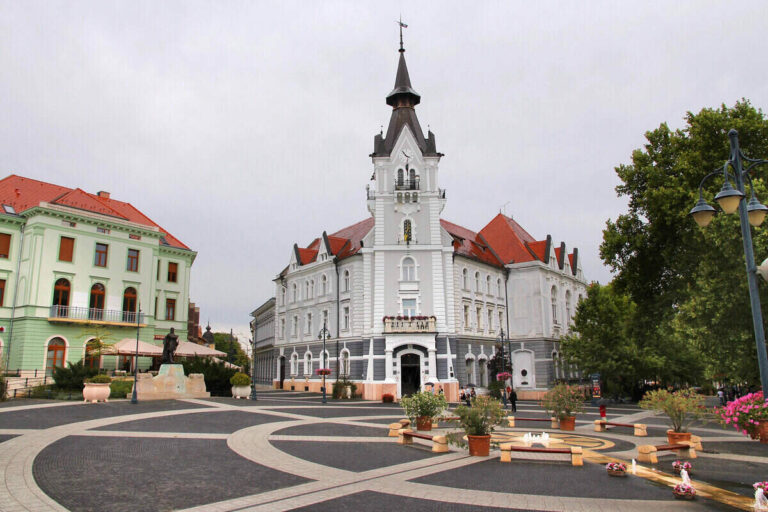survey
Hungarian counties ranked: Where is the best and worst place to live?

900,000 Hungarians participate in National Consultation amid economic and policy debates
New research: Why we trust strangers more when drunk at the same event
Budapest named the 5th most beautiful Christmas market in Europe

Fidesz has maintained its lead – Real-PR 93’s latest poll

New survey shows that Hungary is among the countries where driving is nightmarish

Survey: Fidesz retains lead in polls

Surprising: Péter Magyar’s Tisza party ahead of PM Orbán in latest polls but won’t field candidates on next election

Recent poll: Tisza Party gains momentum, outshining Hungary’s leading Fidesz Party

Hungary ranks among top 15 most nerve-wracking countries for drivers

Revealing survey: What Hungarians truly think about the war in Ukraine

Hungarian state secretary: High response to national consultation key to defending Hungary’s sovereignty

Survey: Most Hungarians believe Brussels should contribute to border protection costs

Comforting news for tourists: Hungary is among the safest countries in the world!

Hungarian cities among Europe’s 50 best student cities!

Will smartphones be banned in Hungarian schools?

How much do Hungarians condemn the Ukrainian oil transit ban – survey

Budapest among Europe’s best cities to spend your post-work years





 ZH
ZH IT
IT DE
DE HR
HR NL
NL FR
FR JA
JA RO
RO RU
RU ES
ES TR
TR
